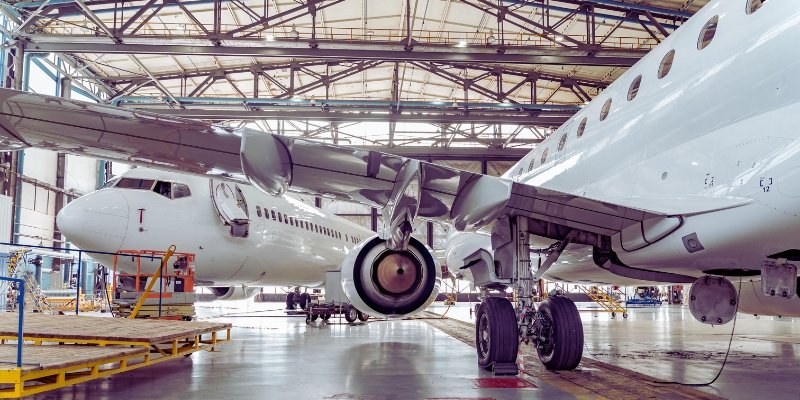Understanding the Aerospace Landscape

Singapore has emerged as a pivotal hub for the aerospace industry in Asia, often referred to as the “Aerospace City of the Future.” With a growing workforce of over 22,000 aerospace professionals and significant government investment, the city-state offers a fertile ground for entrepreneurs looking to establish aerospace businesses. This article explores essential insights into starting an aerospace business in Singapore, covering the industry landscape, regulatory requirements, market opportunities, and strategic considerations.
The aerospace industry encompasses various activities, including the design, manufacture, repair, and maintenance of aircraft. Singapore’s strategic location and robust infrastructure have made it an attractive destination for aerospace enterprises. The government has made substantial investments, including the establishment of the Seletar Aerospace Park, which spans over 140 acres and aims to meet the growing demands of the aviation sector.
In recent years, Singapore’s aerospace industry has experienced impressive growth, driven by technological advancements and increasing global air travel. According to the Ministry of Trade and Industry, the sector is expected to continue expanding, with investments aimed at enhancing capabilities in areas such as maintenance, repair, and overhaul (MRO) services, as well as research and development (R&D) in aerospace technologies.
Navigating Regulatory Requirements

Starting an aerospace business in Singapore involves navigating a complex regulatory environment. The first step is registering your company with the Accounting and Corporate Regulatory Authority (ACRA). This process can typically be completed online within an hour, although it may take longer in some cases.
Once registered, businesses must obtain necessary licenses from the Civil Aviation Authority of Singapore (CAAS). Depending on the services offered, companies may need specific approvals, such as the Singapore Airworthiness Requirements Part 145 (SAR-145) for MRO services. This approval allows companies to conduct maintenance and repairs on aircraft, including foreign aircraft, provided there is an international maintenance agreement in place with the relevant authorities.
Engaging with corporate service providers can streamline the licensing process, ensuring compliance with all regulatory requirements. These providers can assist with documentation, application submissions, and navigating the intricacies of the aviation regulatory framework.
Identifying Market Opportunities

The aerospace market in Singapore is characterized by a diverse range of opportunities. With the global aerospace industry projected to grow significantly, there is an increasing demand for MRO services, aircraft manufacturing, and innovative aerospace technologies. Entrepreneurs can explore niches such as unmanned aerial vehicles (UAVs), aerospace software solutions, and specialized training programs for aviation professionals.
Additionally, Singapore’s commitment to sustainability and innovation presents opportunities for businesses focused on green technologies and eco-friendly practices within the aerospace sector. The government’s support for research and development initiatives further enhances the potential for startups to thrive in this dynamic environment.
Strategic Considerations for Success

To succeed in the aerospace industry, entrepreneurs should consider several strategic factors:
- Building a Strong Network: Establishing connections with industry stakeholders, including suppliers, customers, and regulatory bodies, is crucial. Networking can lead to partnerships, collaborations, and access to valuable resources.
- Investing in Talent: The aerospace industry requires a skilled workforce. Investing in training and development programs for employees can enhance productivity and innovation within the company.
- Leveraging Technology: Embracing technological advancements, such as digitalization and automation, can improve operational efficiency and reduce costs. Companies that adapt to technological changes are better positioned to compete in the global market.
- Understanding Market Trends: Keeping abreast of industry trends, regulatory changes, and customer preferences is essential for making informed business decisions. Regular market analysis can help identify emerging opportunities and potential challenges.
Conclusion
Starting an aerospace business in Singapore presents a unique opportunity for entrepreneurs looking to enter a rapidly growing industry. With a supportive regulatory framework, significant government investment, and a skilled workforce, Singapore is well-positioned to become a leader in the aerospace sector. By understanding the industry landscape, navigating regulatory requirements, identifying market opportunities, and implementing strategic considerations, aspiring aerospace entrepreneurs can set the foundation for a successful venture in this exciting field. The future of aerospace in Singapore is bright, and now is the time to take flight.






